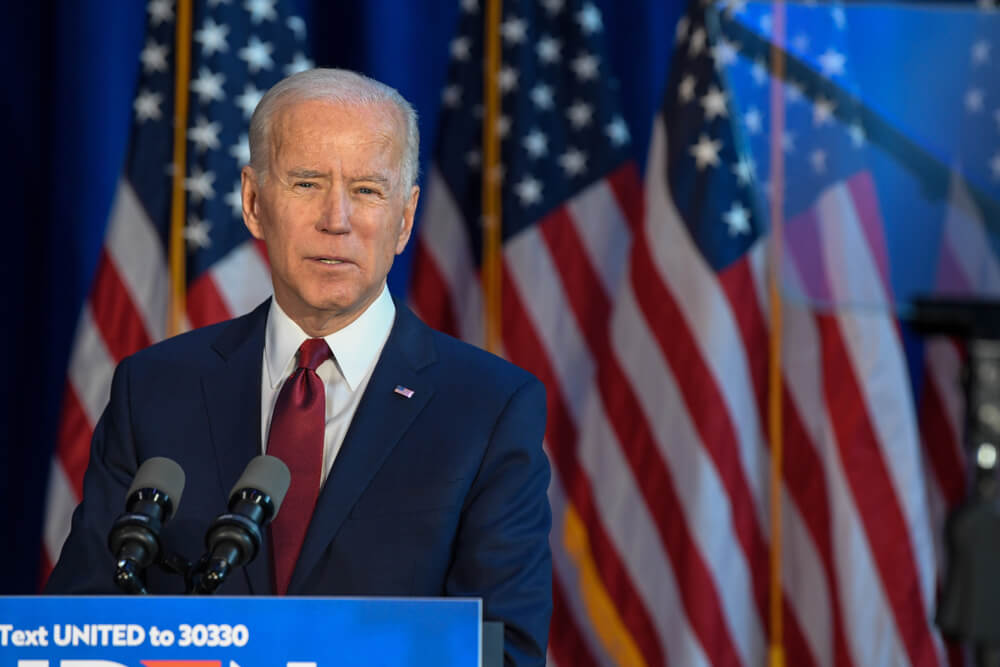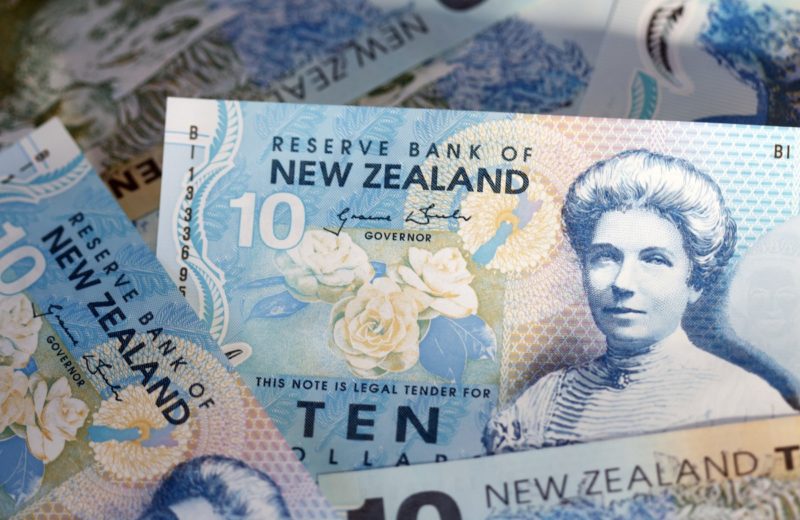Even the law is flexible. This notion is especially coming into light as Democrats potentially found a way out of Republicans’ opposition to the US infrastructure deal budget.
In an update from the White House, reports noted that President Biden’s party considers splitting the deal into two.
The first will go ahead as planned, with a high probability of making the $1.2 trillion budget for infrastructure and green development measures.
The second measure will focus on health care and child care spending, which is originally part of the first. It will be called the “human infrastructure bill.”
As the name suggests, it will focus on the human aspect of the development program, particularly on the well-being of the citizens.
As the two factions fail to reach a consensus brought by the wide disparity in budget allocation, the new bill is said to be the only way out.
It would not require the say of the Republican party but needs to get a green light from 50 Senate Democrats to go ahead.
Early reports show that the new motion will be worth another $579 billion, subject to revision, depending on the result of negotiations.
Regardless of the reaction, President Biden asserted that the two bills will need prompt action for early approval. Or else, neither would make the cut.
The leader noted that he expects the measures to enter into force by summer or before the fiscal year closes.
In a response from Republican Senate Minority Leader Mitch McConnell, he said that the US president has sent ambiguous, mixed signals.
McConnell added that only a few hours after endorsing the bipartisan agreement, the leader had already sought for a quick way out.
Will There Be a Bipartisan Deal Soon?
Adding on, one Republican Senator publicly said that it would be a deal-breaker should there be no passage of the bipartisan deal without compromise.
In this case, the elusive consensus between the two parties would be more problematic.
In a statement from the other party, policymakers noted that they would not sign any deal without necessary accompaniment.
For the record, the proposal’s ceiling price had originally come at $6 trillion, which was then reduced to $4 trillion.
Today’s $1.2 trillion budget is nearly a fourth of what was originally proposed. On the other hand, spectators noted that this is the only threshold that the United States could afford at the moment.
After a series of generous spending amid the pandemic, the country now faces inflation fears.















